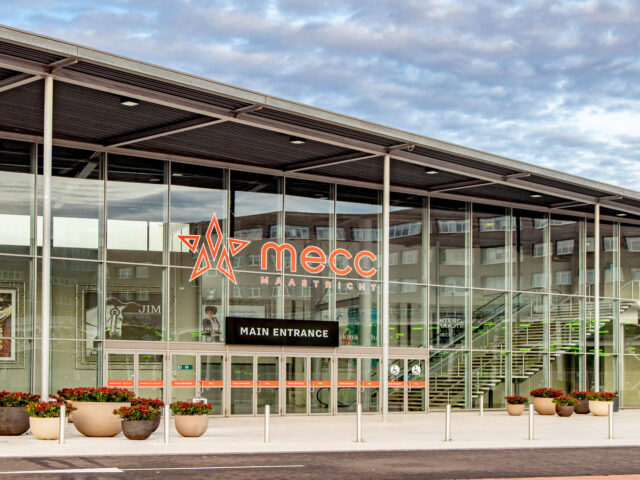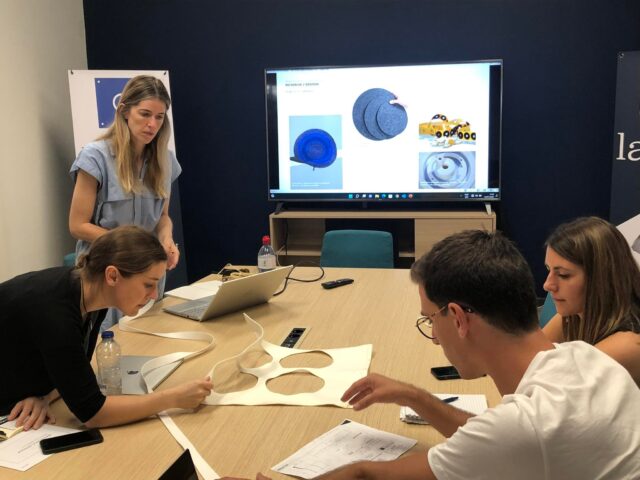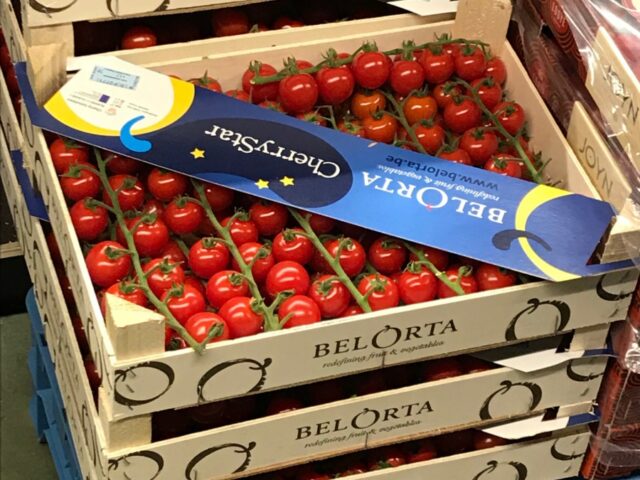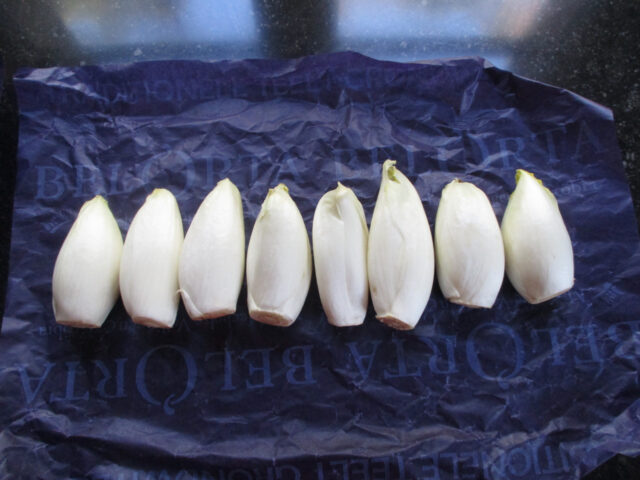Coordinated by Eklo, a design office specializing in economic support for innovative projects, and Wallonie Design, the Walloon reference organization facilitating the use of design within SMEs, the Wanderful.stream project supports companies wishing to engage in a transition towards a more circular economy through the recovery of their co-products.
A co-product is a material, intentional and unavoidable, created during the same manufacturing process and at the same time as the main product.
Let’s discover the problem of Moulins du Val Dieu and how the company is supported through the Wanderful.stream project in order to find high value-added applications for its co-product, which is none other than wheat bran.
Les Moulins du Val-Dieu at the heart of a circular economy process
“Les Moulins du Val Dieu” is the new name of the Moulin de Hombourg (Moulin Meyers). Les Moulins du Val Dieu are now run by four agriculture and food enthusiasts: Philippe Van Lathem, Benoit Tyberghein, Christian Hick and Benoit Brouwers. These four millers decided to save the mill and give it a new life according to a model quite different from the previous one, today favoring partnerships with local farmers. Their objective? Produce high-quality flour from sustainable agriculture in a short circuit.
Les Moulins du Val Dieu, wishing to register their activity in a circular economy system, decided to integrate the Wanderful.stream project. Through this project, the following theme is at the heart of the reflection: valorize the co-products resulting from the production of flour. Wheat bran is currently used in two different ways: either it is enhanced and incorporated into certain flours to obtain a so-called “complete” product, or it is incorporated into the design of animal feed products sold to cattle and pig farmers, sheep, goats, etc. Although wheat bran already has a use today, owners want to go even further and add value to it.
How to valorize wheat bran?
Wheat bran has many properties and is particularly rich in manganese, phosphorus, iron, magnesium and fiber. The idea is therefore to rely on its characteristics in order to find a potential avenue of valuation. To do this, reflection workshops have been planned in the form of brainstorming with various stakeholders present around the table. The first workshop thus focused on the possible uses of wheat bran in the agri-food sector.

The stakeholders who contributed to this workshop are actors from different organizations/companies, which made it possible to bring new, rich and varied perspectives. Among these actors, we find:
- Pauline Pötgens and Perrine Mercenier, circular economy project managers at Eklo. They bring their expertise in economic development to the Moulins du Val Dieu project.
- Sara Boxus and Zoé Drion, project manager and circular economy project manager at Wallonie Design. They aim to promote the use of design within companies.
- Cécile Fontaine, circular economy project manager at Wagralim, the Walloon agro-industry competitiveness cluster.
- Florence Juprelle, co-founder of Linatelle sprl, a Belgian start-up specializing in the formulation and production of innovative and gourmet cereal-based recipes.
- Thibault Baes, founder of the design studio More Than Shape, which specializes in creating new taste experiences through 3D chocolate printing.
- Benoit Brouwers and Christophe Falmagne from Moulins du Val-Dieu.
The brainstorming workshop led by Olivier Wathelet, an anthropologist who founded his consultancy agency Users Matter, therefore made it possible to bring out innovative ideas. The goal was to diverge and bring out many ideas, without necessarily taking into account their degree of feasibility at first. The topics of discussion focusing on the promotion of wheat bran were varied and highlighted various themes such as gluttony, the benefits for the second brain or the reduction of production costs in the food sector.
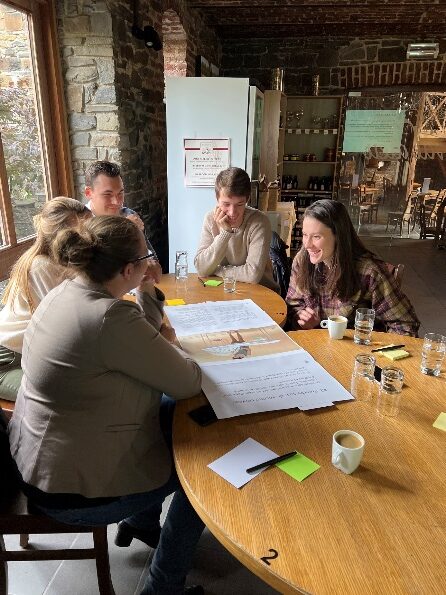

Next step? A second workshop will be organized before the end of the year and will aim to generate ideas for potential uses in sectors other than the agri-food sector. Once the two workshops have been carried out, it will then be necessary to make a selection and to study in more depth the avenues of valuation retained.
